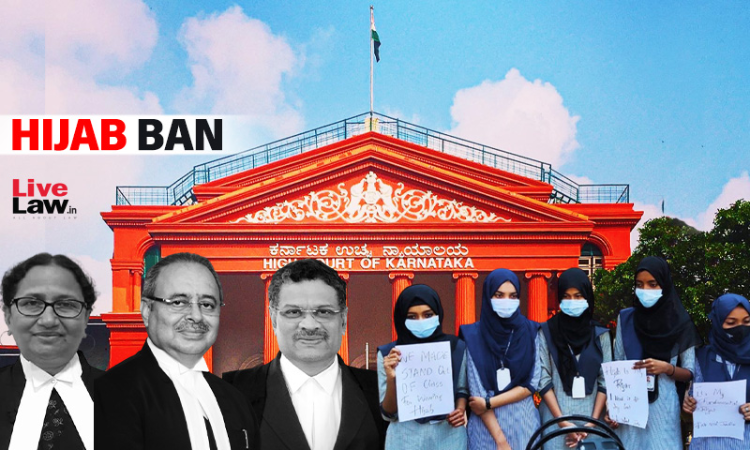BREAKING| Hijab Ban: Karnataka High Court Full Bench Reserves Judgment After 11 Days Hearing
Mustafa Plumber
25 Feb 2022 4:23 PM IST

Next Story
25 Feb 2022 4:23 PM IST
A Full Bench of the Karnataka High Court today reserved its judgment in the petitions filed by Muslim girl students, challenging the action of a government PU college in denying their entry for wearing a hijab (headscarf). Hearing before the Full Bench comprising Chief Justice Ritu Raj Awasthi, Justice Krishna S Dixit and Justice JM Khazi was conducted for 11 days. It may be noted that...
